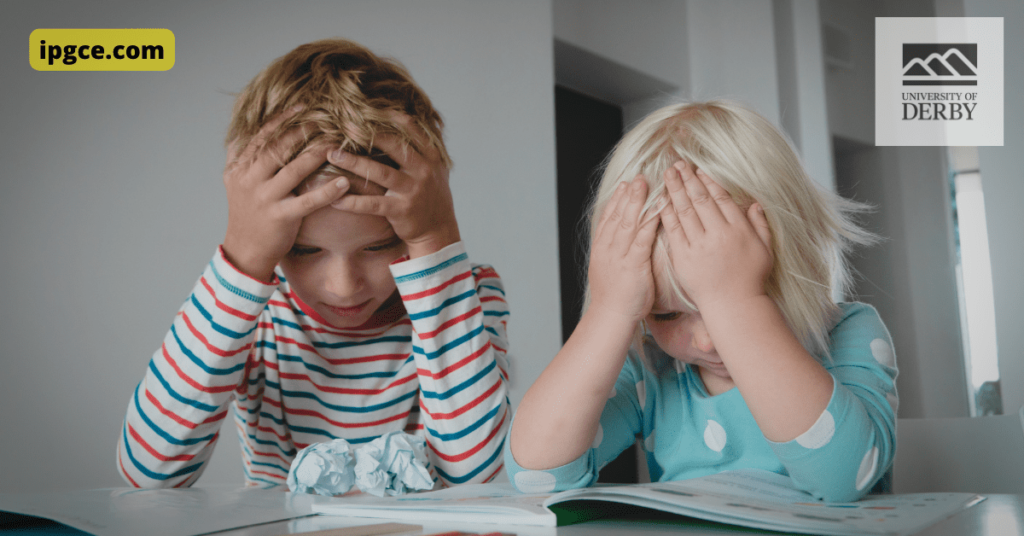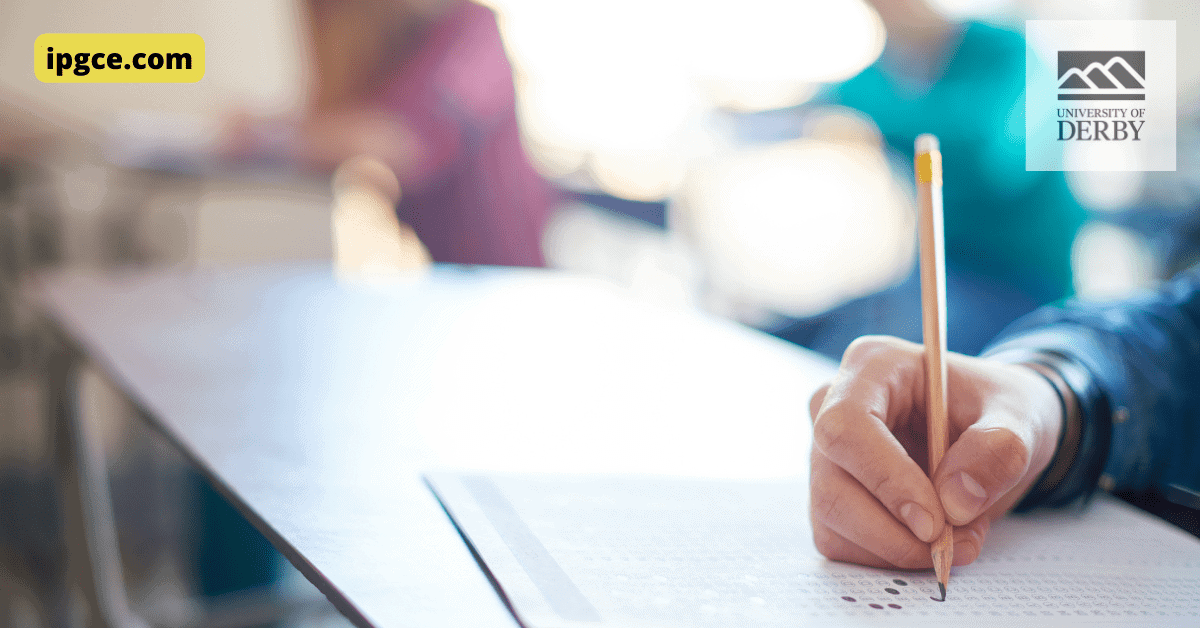The SATSsare important tests primary school students in England take to measure their academic progress. This year, however, the results of the SATS have suggested that the Covid pandemic and associated disruption have caused a significant decline in the attainment levels of these students.
Only 59% of 10- and 11-year-olds who took the test reached the Department for Education’s expected literacy standards and math standards. This is significantly lower than the 65% who achieved this standard in 2019 before the pandemic began.
The decline in attainment levels is likely to be of great concern to educators and parents alike, as it suggests that the Covid pandemic may have partially undone the progress made by primary school students in recent years. It is important to ensure that students can catch up on any lost learning as soon as possible to avoid any long-term negative effects on their education.
Including subjects such as reading, 71% of pupils reached the expected standards in maths, according to provisional figures published by the DfE, down from 79% in 2019. Spelling, punctuation and grammar standards were met by 72% of pupils, compared with 78% three years ago. And 69% of pupils were assessed by teachers as meeting standards in writing, down from 78%.
But there was an increase in reading standards, with 80% of pupils reaching the desired level, up from 75% in 2019.
The government has promised a £1.4bn package of support to help pupils catch up on lost learning, but teaching unions have warned that this is not enough. They argue that much more must be done to address the issue, including smaller class sizes and more one-to-one support for students.
The School minister of England, Robin Walker, said that the reading results were a “tribute to the hard work and dedication of our teachers, pupils and parents.” He also noted that the results in maths and writing were “disappointing but not unexpected.”
The Education Policy Institute’s Head of Analysis, Jon Andrews, said that the results suggested there was still work to be done in helping pupils further recover from the disruption of the pandemic. He noted that it was important to ensure that students can catch up on any lost learning as soon as possible to avoid any long-term negative effects on their education.
In addition, Paul Whiteman, general secretary of the National Association of Head Teachers, said: “With rising costs and dwindling resources in schools, the government’s decision not to invest in plans drawn up by their own ‘catch-up tsar’ may yet prove a costly decision for the life chances of those children hit hardest by the pandemic.”
Sir Kevan Collins, appointed as education recovery tsar by the government, resigned last year in protest of ministers’ failure to give full financial backing to his proposals.
Rachel de Souza, the children’s commissioner for England, made a plea for more help to resourced catch-up programmes, saying that without it, there would be a “lost generation” of children.
The lower-than-expected results blow the education system, which is still struggling to recover from the pandemic. Many schools have been closed for months over the past year, and students have had to learn remotely for extended periods.
What should the DfE initiate to help pupils prepare for the next SATs examination? Let us know your thoughts in the comments below.
And follow us on IPGCE and on WeChat for more updates.
WeChat:
Meet Our Successful Graduates: Learn how our courses have propelled graduates into rewarding
careers. Explore their success stories here!
Discover More About Your Future: Interested in advancing your teaching career? Explore our
IPGCE, MA, and QTS courses today!

Explore Our Courses: Ready to take the next
step in your education journey? View our
comprehensive course offerings now!



